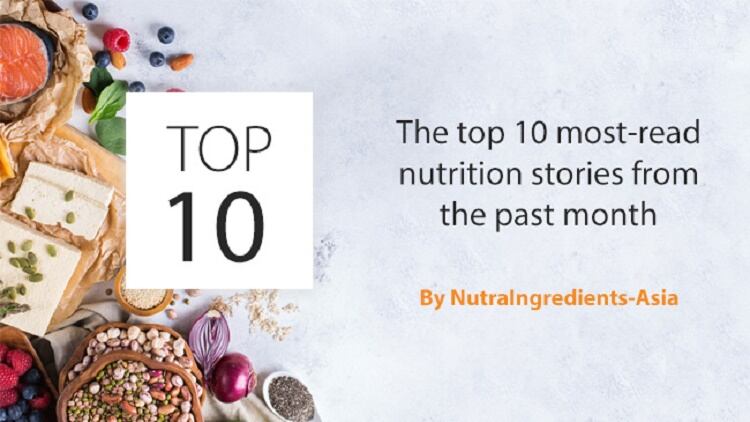Fig leaf tea may help to alleviate atopic dermatitis symptoms in adults: Japanese RCT
Long-term atopic dermatitis (AD) medication causes side effects including skin-thinning and increased risk of kidney damage, signifying a need for safer drugs and alternatives.
Researchers at the Toyo Institute of Food Technology in Japan conducted an RCT to determine the safety and impact of prolonged consumption of fig leaf tea.
It was found that while fig leaf tea consumption had positive effects on AD symptoms, the tea had to be made from fig varieties that did not contain the compound furanocoumarin, which are phototoxic and may cause rashes.
Purging plastic pains: Suntory APAC on why alternative materials and recycling efforts needed in unison
Beverage giant Suntory believes that a simultaneous focus on the development of alternative packaging materials as well as better recycling infrastructure are essential to deliver on its sustainability ambitions.
The firm is developing more fibrous packaging that is resistant to humidity, and exploring new methods to minimise the volume and weight of packaging, with the goal of net zero greenhouse gas emissions by 2050 and to use 100% sustainable PET bottles by 2030.
Its upcoming beverage manufacturing facility in Queensland that is set to be ready 2024 will see the installation of carton multi-packers.
Kirin’s first HMOs facility goes live in Thailand, foresees China to occupy half of market size
Kirin’s first human milk oligosaccharides (HMOs) production plant has commenced operation in November 2022, and is able to produce 300 metric tonnes of HMOs per year.
With the facility, Kirin aims to cater to the powdered milk market in Asia, Europe, and the US. China, however, is expected to occupy half of the total HMOs market share for powdered milk.
Although the main use of HMOs is currently as an additive to infant formula, there is also potential for application in functional foods and supplements in the future.
Dose-response reported between protein intake and muscle strength – Meiji’s meta-analysis
A dose-dependent relationship between protein intake and muscle strength has been reported for the first time by a new meta-analysis conducted by Japanese dairy company Meiji.
The researchers from Meiji and Waseda University highlighted that protein intake must be coupled with resistance training to see a significant improvement in muscle strength.
It was also highlighted that certain groups of individuals, such as pregnant women, should exercise caution when increasing their protein intake.
Personalised protein: Meiji and DeNA Life Science develop algorithm to deliver intake and source advice
The development came after a survey showed that many consumers did not know how to choose the right protein products, and that the idea of protein intake personalisation was welcomed.
The algorithm takes into account an individual’s age, gender, body mass, exercise frequency, and the purpose of protein intake, before calculating and advising on the optimum amount and types of protein that one should take.
It was tested on 30 men and women, and was found to positively impact their body composition.





